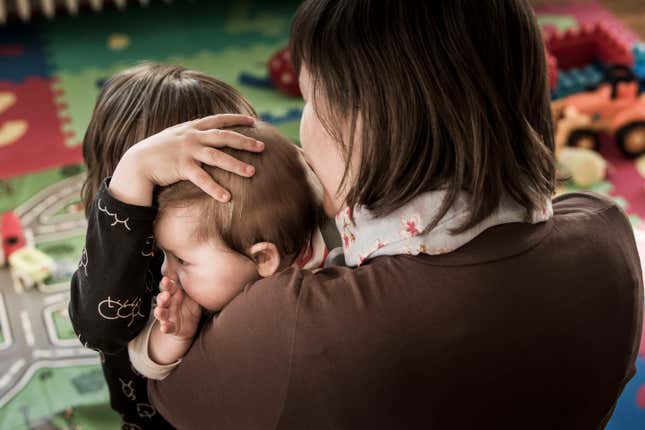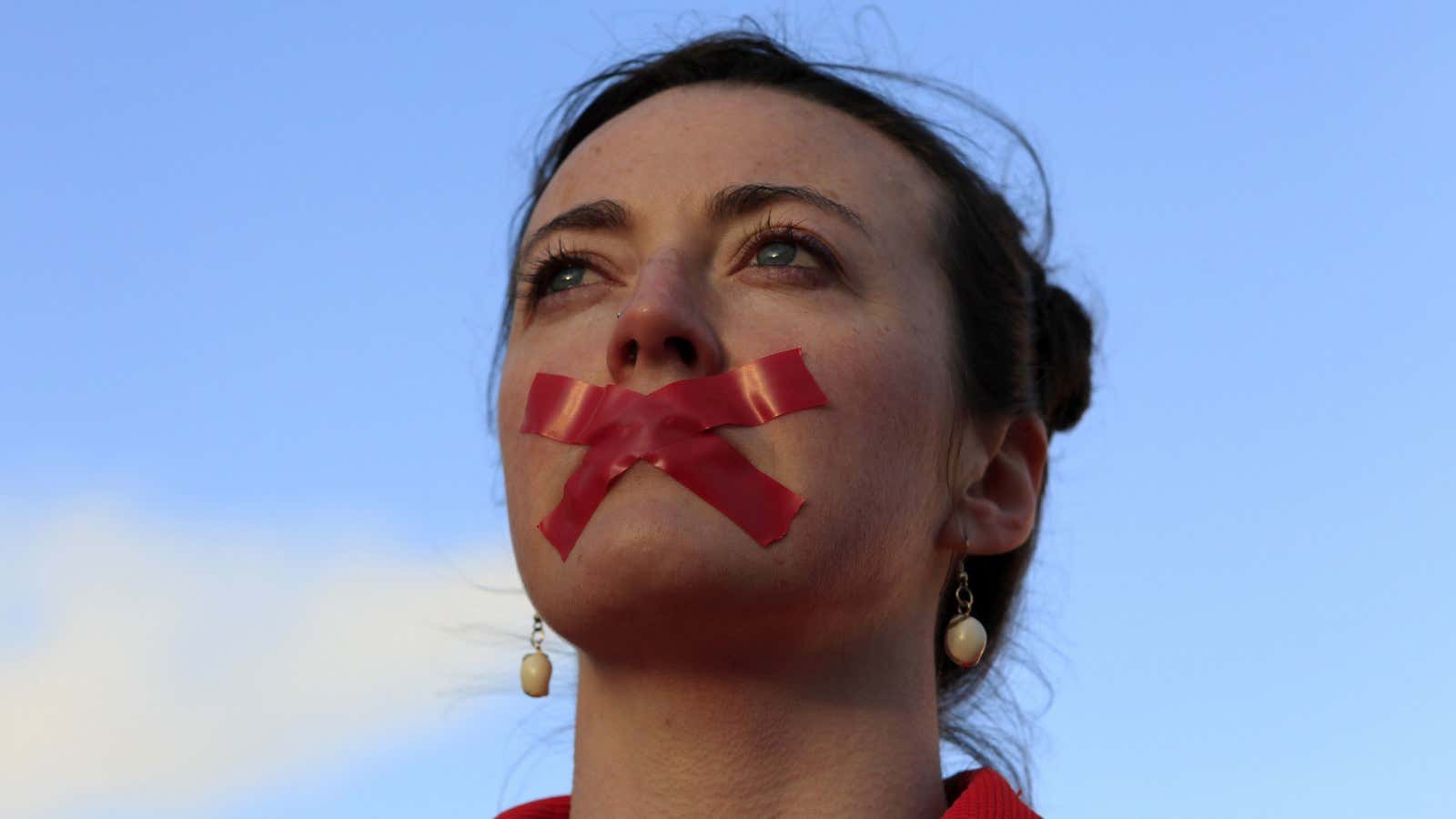In Ireland, abortion is illegal in all but the most extreme cases of threat to the life of the woman—when a woman will either very likely die, or kill herself, if an abortion is not performed.
A person seeking an abortion, agreeing to provide one, or even giving out information about abortion can be jailed—in some cases, for up to 14 years. The law has remained in place despite opposition, and in spite of the fact—acknowledged in Ireland and elsewhere—that thousands of women each year travel to the UK for the procedure, if they can afford to do so.
Today, Amnesty International releases a report detailing the full horror of what the ban means for women and the ways in which it is ineffective. The charity contends that a blanket ban on abortion such as Ireland’s violates the human rights of its citizens.
So, for anyone who thinks a ban on abortion might not be such a bad thing, here’s a distillation of Amnesty’s evidence.
1. When abortion is illegal, women die
Time and again in the report, women interviewed refer to the 2012 case of Savita Halappanavar, a pregnant woman who was denied surgery—even though she was already undergoing a miscarriage—on the grounds that doctors couldn’t be sure there was no fetal heartbeat.
After a week of pain and bleeding, Halappanavar died of a cardiac arrest brought on by extreme infection and multiple organ failure. “I would fear for my life to have another child in Ireland,” one woman told Amnesty after the case.
2. Banning abortion violates the human rights of those involved

Lupe, a Spanish woman living in Ireland, carried a dead fetus for two months—a condition known as “incomplete miscarriage”—during which doctors refused to conduct surgery or other treatment. It was three months after Halappanavar’s death and Lupe, fearing for her life, eventually went to Spain for treatment.
Those who cannot afford to travel have few options: illegally buying medicines on the internet, or carrying on with unwanted pregnancies. These include pregnancies that are the result of rape and incest, in contravention of Ireland’s commitment to the UN Convention Against Torture.
3. Giving an unborn fetus the same rights as a living woman discriminates against women specifically
In 1983, the so-called Eighth Amendment in Ireland effectively gave fetuses equal rights with women. No such situation exists for men, nor could it.
“There is no impediment to men seeking and obtaining any required medical intervention to protect not only their lives but also their health and quality of life,” said Alan Shatter, the former Irish minister for justice and equality, during a debate in the Irish legislature after the Eighth Amendment was passed. “I do not merely have ministerial responsibility for justice, I am also responsible for equality. It can truly be said that the right of pregnant women to have their health protected is, under our constitutional framework, a qualified right.”
4. Protecting the life of the fetus at all costs leads to some nightmarish choices
In 2014, a woman was pronounced clinically dead at an Irish hospital. Because she was 15 weeks pregnant, healthcare professionals refused to turn off life support, despite the wishes of her family. A court finally ruled that the fetus had no chance of survival and that continued life support “would deprive [the pregnant woman] of dignity in death and subject her father, her partner and her young children to unimaginable distress.”
5. Banning abortion doesn’t actually stop women having abortions
According to the UK Department of Health (pdf), 3,679 women travelled from Ireland for abortions in 2013 to the UK, where abortion is legal. Others travel elsewhere. The people who want abortions and do not obtain them are the poorest, the most vulnerable, the underage, and the terrified.
